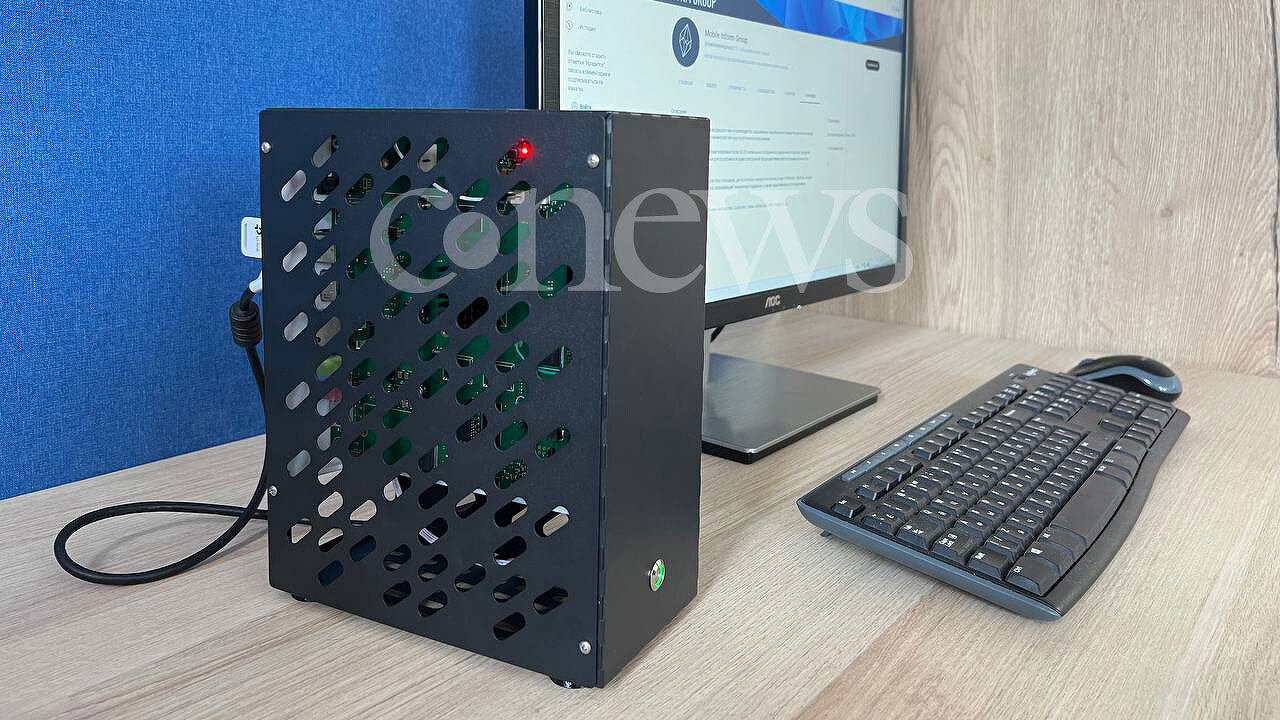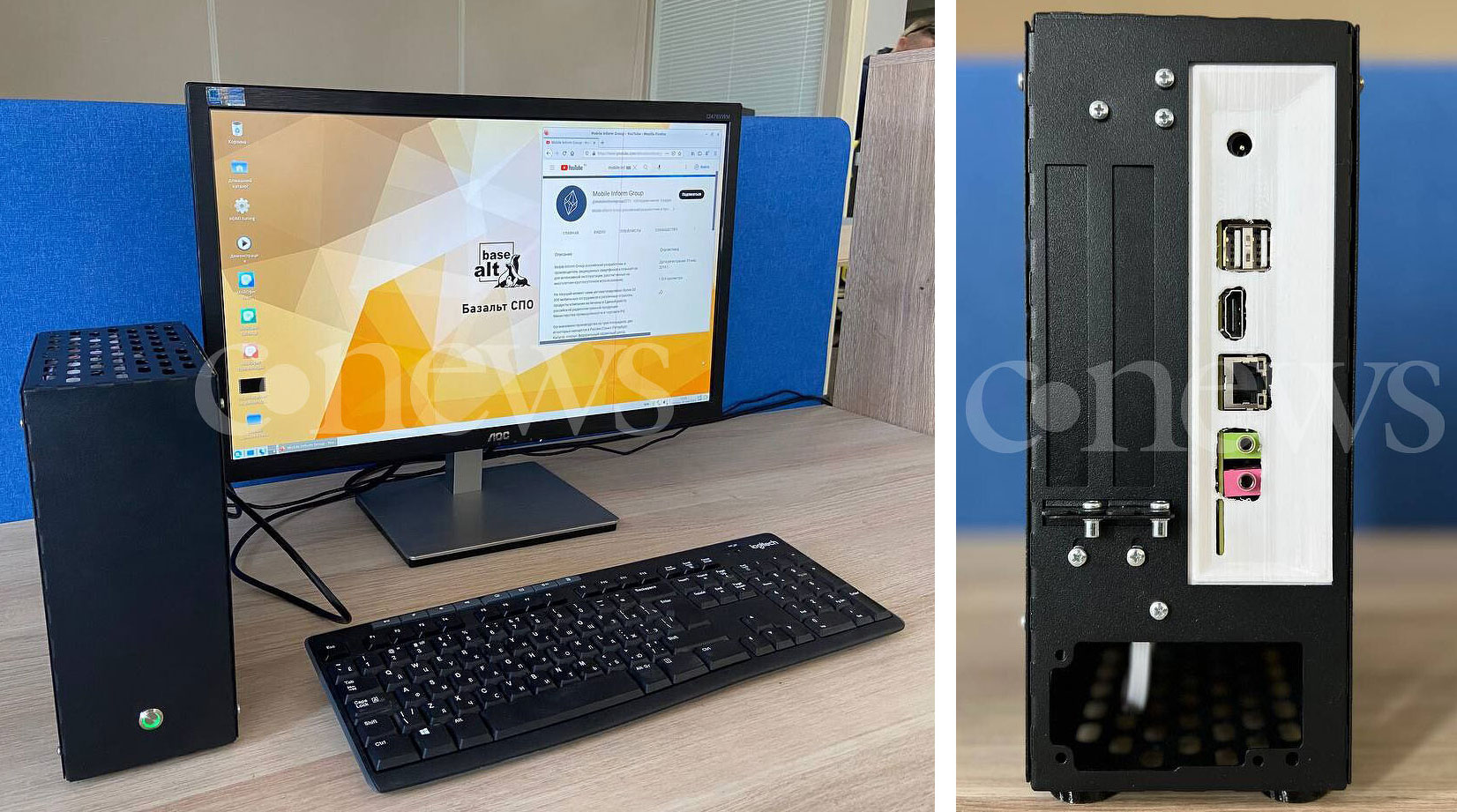
Earlier this week, Russia’s CNews reported on what it terms an “anti-sanction PC”. This new PC, called the Mobile Inform Group (MIG) Akinak PC, allegedly uses a mix of Russian hardware and software designs so that it can dodge sanctions, and supply companies seeking to serve organizations that are “sensitive to import substitution.”
However, a closer read of the report seems to suggest the new Akinak PC will be pretty slow, even for its mixed office-and-video-conferencing target audience. Moreover, MIG’s description of its supply chain doesn’t inspire much confidence in its ability to mass produce this anti-sanction PC.
After a year in development, Russia’s new general purpose office computer hope has arrived in the form of the MIG Akinak anti-sanction PC. This is a compact, energy-efficient PC powered by the Russia-designed Skif (AKA Scythian) chip. This 24W 64-bit chip is an Arm-based design packing four Cortex A53 cores and PowerVR’s Series8XE GE8300 GPU technology.

With its aging A53 cores (Arm v8, launched 2012), it probably won't be surprising to hear that the Skif processor was first sampled years ago (2019) and designed for the tablet market. Its CPU cores run at up to a modest 1.8 GHz. The Skif boasts a dual-core DSP, AI acceleration, and hardware encryption capabilities. A batch of 1,000 of these SoCs was produced abroad in July 2021 by an unnamed foreign foundry. CNews reports that there are only 10 left (typo?) from the original batch.
For storage, MIG Akinak PCs will have 32 or 64 GB of eMMC on board, with microSD card support and a SATA II interface for additional storage devices up to 2 TB. Currently the M.2 expansion connectors on the motherboard don’t support storage (one port is currently used for Wi-Fi and Bluetooth, the other can be used for cellular data), but the developers are reserving the option to implement M.2 storage if there is demand. Standard RAM is 8 GB of LPDDR4, but will be upgradable to 64 GB, according to MIG.
Much of the Akinak’s touted year of development time seems to have been taken up creating a domestic motherboard and fully testing the platform. It currently runs a pre-installed domestic Linux distribution kit "Alt" from Basalt SPO, but there are plans to get the system ready for Astra Linux, too.
Production Questions Unanswered
We've already mentioned the concerns regarding processor production. Additionally, CNews' report indicates that essential system components such as RAM modules and wireless modules can’t be guaranteed to be sanction-proof, and MIG did not reveal its sourcing for these components. So the Akinak PC's sanction-proofing seems to be largely theoretical at this time.
With all its conditions fulfilled and no unforeseen hurdles, MIG reckons it could work with partners to produce up to 100,000 Akinak computers per annum. However, meeting such a target would rely on “normal availability” of the Skif processors, and things aren’t exactly normal in Russia at the moment, as the Ukraine war continues to escalate.







